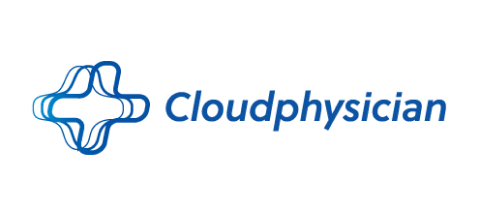40% reduction in ICU mortality rates with Google Cloud
Ensures round-the-clock network availability with Google Kubernetes Engine
Provides real-time connectivity between hospitals and specialists with Google Meet and Chat
Equips healthcare practitioners with better data and insights with Cloud Vision API
Cloudphysician improves ICU patient care leveraging RADAR, reducing mortality rate by 40% supported by Google Meet and Chat, and Cloud Vision API.
Cloudphysician improves ICU patient care leveraging RADAR, reducing mortality rate by 40% supported by Google Meet and Chat, and Cloud Vision API.
Due to the nature of care they provide, intensive care units (ICUs) require highly trained doctors and nurses who can be quick to react and make life-saving decisions in a short period of time.
Given the urgency of most ICU cases, time is of the essence. However, ICUs worldwide face diverse settings and challenges, compounded by a lack of access to intensivists and critical care nurses.
Against this backdrop, Cloudphysician was founded in 2017 to provide the technologies that support ICU care. Its products are now in hospitals across 22 states in India. “Essentially, we provide the tools for virtual critical care, by converting ICU beds to Smart-ICU with access to intensivists 24/7. To date, we have taken care of more than 100,000 critically ill patients across India,” says Dileep Raman, Co-founder and Chief of Healthcare at Cloudphysician.
Both Dileep and his co-founder Dhruv Joshi are ICU doctors by training who had experience with various virtual care platforms prior to founding Cloudphysician. “We noticed that most of the platforms were not interconnected, and there were many gaps in the system with cameras and user interfaces that were tricky to navigate,” says Dileep. “We knew that we needed to develop a platform with computer vision and AI with a machine learning perspective. With tools like Med-PaLM and Gemini, it was clear that Google Cloud was the right platform to enable this.”
We knew that we needed to develop a platform with computer vision and AI with a machine learning perspective. With tools like Med-PaLM and Gemini, it was clear that Google Cloud was the right platform to enable this.
Dileep Raman
Co-founder and Chief of Healthcare, Cloudphysician
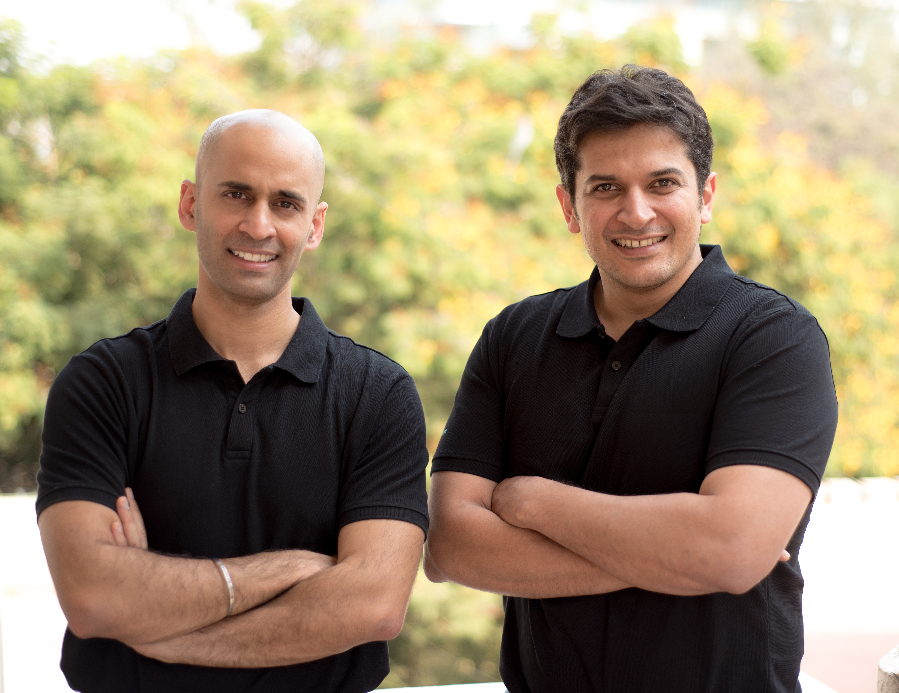
The beginning of the future of medical AI
Cloudphysician moved its primary infrastructure from a different cloud provider to Google Cloud at the end of 2023. “Certainly, cost was a factor in our decision to move to Google Cloud, but we also wanted to try Med-PaLM, Vertex AI, and Gemini tools, so it made sense to have our entire infrastructure on Google Cloud,” says Dhruv Sud, Director of Technology at Cloudphysician.
A common challenge is that medical devices across hospitals are not standardized, and often come from different manufacturers with different makes and models making them inconsistent in the way reports are generated. This is where the optical character recognition (OCR) feature of Cloud Vision API helps by taking images of these screens and standardizing them for faster and more informed decision making.
Cloudphysician uses Cloud Vision API to monitor and analyze images, as well as analyze lab reports. Using monitors connected to the patients, the team leverages Vision API to get patients’ vital signs like their heart rate and respiratory rate, and assess if their health is deteriorating or improving.
Certainly, cost was a factor in our decision to move to Google Cloud, but we also wanted to try Med-PaLM, Vertex AI, and Gemini tools, so it made sense to have our entire infrastructure on Google Cloud.
Dhruv Sud
Director of Technology, Cloudphysician
“We’re not looking at diagnosing one disease or figuring out how to read CT scans,” says Dileep. “We’re taking a much wider approach to operational AI, to make doctors and nurses more productive and efficient by enhancing operations. Essentially, we’re removing monotonous tasks by replacing them with AI entirely, so that nurses in hospitals can focus more on patient care.” says Dileep.
With Cloudphysician, the lack of critical care trained nurses in hospitals around the world can also be addressed since tasks like admission and discharge documentation, medication reconciliation skin assessments, MRI pre-checks, and review of care plans can all be done virtually. Cloudphysician already has the largest virtual nursing team in India with more than 100 virtual nurses supporting more than 200+ hospitals.
“We want to partner with hospitals that need a bundled solution that not only has cost-effective tech to connect ICUs but also comes with a layer of virtual nurses that are US-certified to leverage the tech and digitally offload the strained bedside nurses,” says Dileep.
Platform availability is also very important in critical care, which is why the Cloudphysician team uses Kubernetes for horizontal scaling. With Google Kubernetes Engine, the team gets quicker updates with better container orchestration. “Kubernetes updates are faster in Google Kubernetes Engine, and we can deploy nodes in seconds, scaling our infrastructure as our loads spike,” says Dhruv.
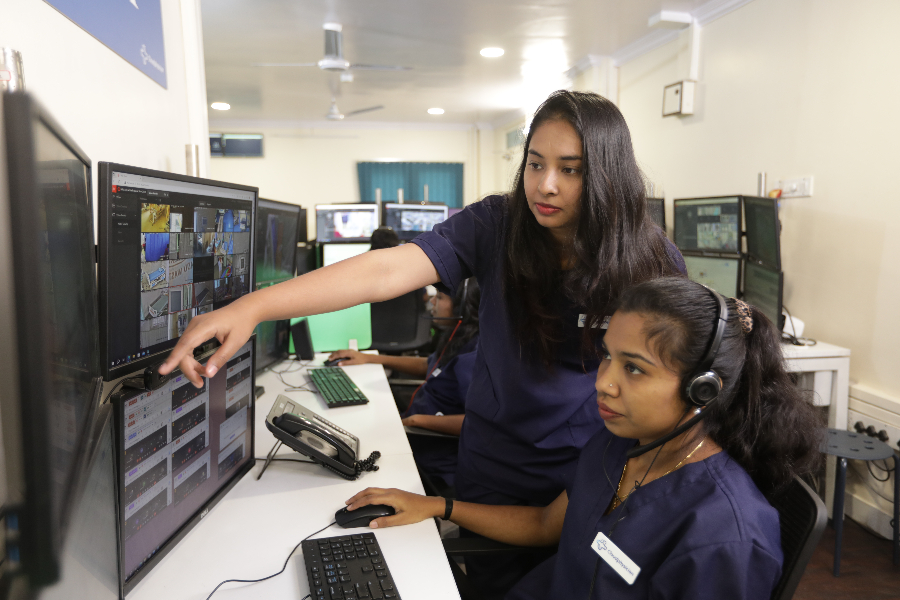
Providing round-the-clock availability
The team was given access to Med-PaLM in March 2024, and while some work is still being done to train the model for accuracy, Cloudphysician’s primary use-case for Google Cloud has been through its Google Meet and Google Chat functions.
Our Meet videos are always on, so if a situation comes up, the hospital’s staff can simply unmute and let us know what the issue is. This allows our doctors to immediately respond to the situation.
Dileep Raman
Co-founder and Chief of Healthcare, Cloudphysician
There’s always a group of specialist doctors and critical care nurses on duty at the Cloudphysician Care Center, where they’re surrounded by screens equipped with Meet, so they’re always in touch with the hospitals.
“We use Meet in a very unique way, as it’s always on around the clock,” shares Dileep. “Our Meet videos are always on, so if a situation comes up, the hospital’s staff can simply unmute and let us know what the issue is. This allows our doctors to immediately respond to the situation.”
Meanwhile, Chat is used by the nurses to take notes and include prescriptions that the patient is given, record important information about the patient, and provide a channel of communication with the Care Center.
Separate from the Meet and Chat function, Cloudphysician also uses high-definition cameras with an ongoing video stream of the patient and all of their vitals for monitoring their condition in real time. “We have a separate application called RADAR, which is a mobile and web application that runs concurrently, and in the future, it would be great if Meet could be embedded within RADAR so that we can run everything in a single system,” says Dhruv. Using RADAR alongside Google Cloud, Cloudphysician has supported a 40% reduction in ICU mortality rates within their partner hospital network across India.
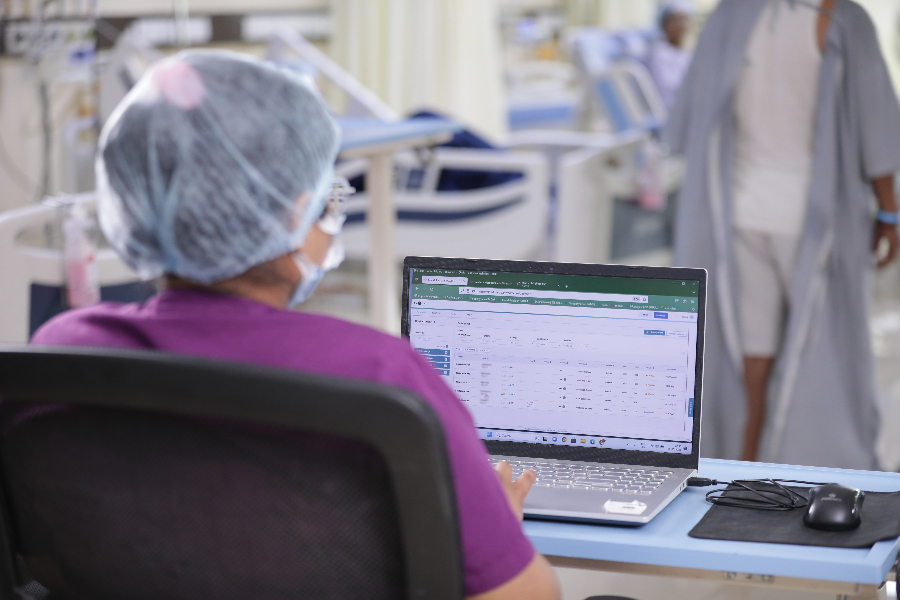
Combining domain expertise and technological expertise for better healthcare
Cloudphysician is working on developing a more collaborative framework designed specifically for healthcare, with plans to implement tools from within the Google Cloud ecosystem.
“We’re looking at customizability from the platform level where we see deeper avenues for collaboration,” shares Dileep.
Broken into three domains, namely cloud infrastructure, AI and machine learning, and healthcare productivity, Cloudphysician is on a mission to leverage the Google Cloud ecosystem across all domains.
“We currently have a very strong use case with Meet in the productivity domain, and are looking to expand our platform integration with Google Cloud across the other domains as well,” adds Dileep. “We have the domain expertise, and Google Cloud has the tech expertise, so we’re looking to bring these two together to save more lives.”
We currently have a very strong use case with Meet in the productivity domain, and are looking to expand our platform integration with Google Cloud across the other domains as well. We have the domain expertise, and Google Cloud has the tech expertise, so we’re looking to bring these two together to save more lives.
Dileep Raman
Co-founder and Chief of Healthcare, Cloudphysician
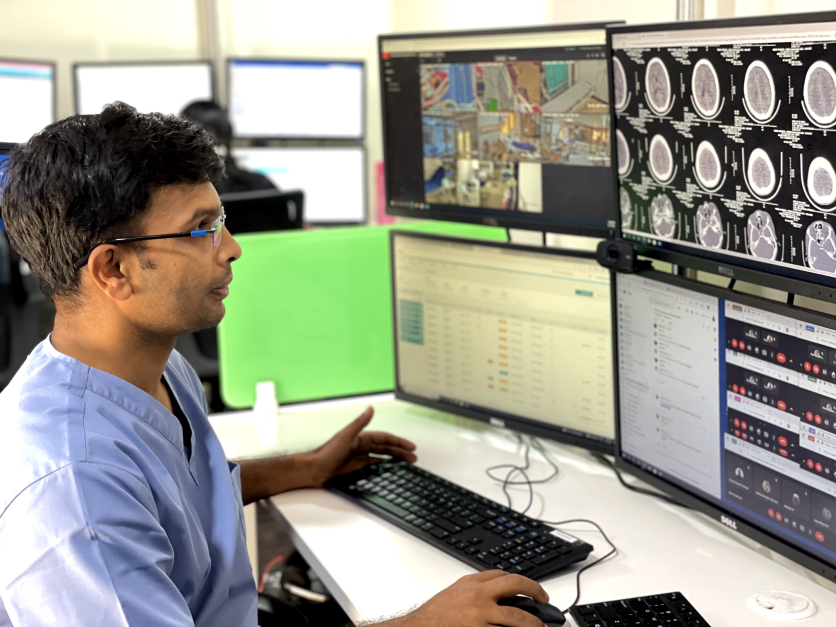
Cloudphysician is a healthcare company revolutionizing critical care delivery through Smart-ICU solutions. By leveraging high-definition PTZ cameras, expert medical knowledge, and the AI-powered RADAR platform, we aim to make quality critical care accessible to all patients, everywhere.
Industry: Healthcare and Life Sciences
Location: India
Products: Google Cloud, Cloud Vision API , Google Chat , Google Kubernetes Engine, Google Meet, Gemini for Google Cloud, Med-PaLM
